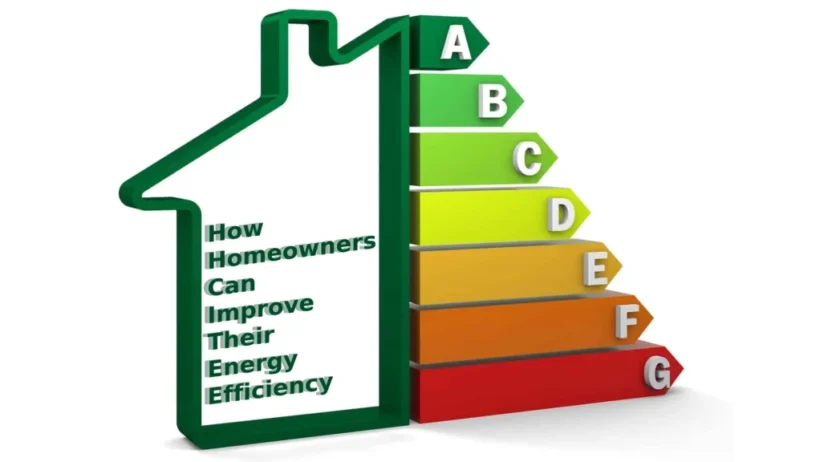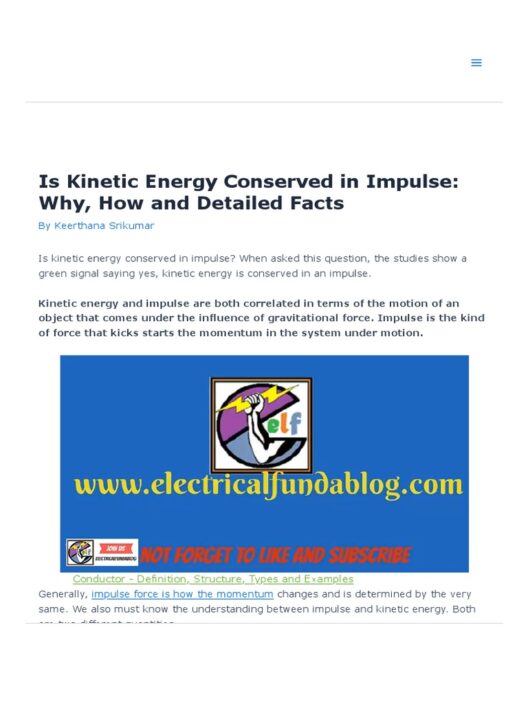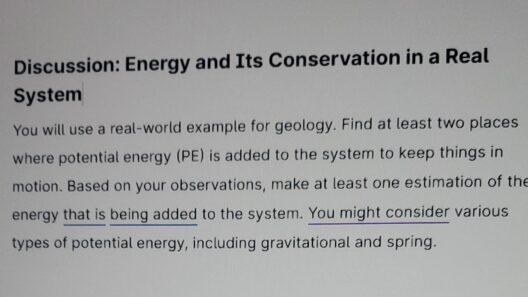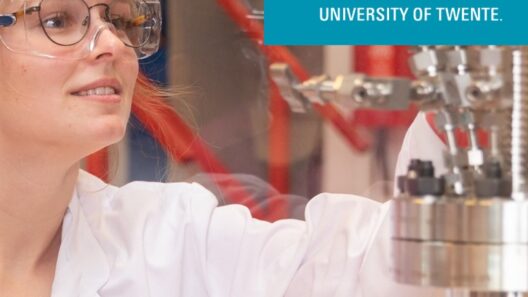In the grand theater of our lives, homes are the cherished stages upon which we enact our daily dramas. As the curtains rise, a myriad of utilities dance and twirl, illuminating our spaces and powering our devices. Yet, behind this captivating performance lies a silent specter — energy waste. Much like an actor who forgets their lines, excess energy consumption can lead to disarray, escalating costs, and environmental dissonance. However, homeowners possess the unique opportunity to take center stage, choreographing their routines for energy efficiency and consequently ushering in a paradigm of conservation that benefits both pocketbooks and the planet.
Transitioning towards energy conservation begins with an audit of our homes. Picture this: a meticulous inspection akin to a detective scouring the scene for clues. Home energy audits reveal inefficiencies lurking in plain sight. By identifying air leaks, poor insulation, and outdated appliances, homeowners can illuminate the path to substantial savings. Like finding a hidden treasure, these revelations come with the potential to cut energy bills and reduce carbon footprints, making the case for a thorough examination undeniable.
Insulation is the unsung hero of energy conservation. Think of it as the protective cocoon that envelops a caterpillar, shielding it from the elements. Quality insulation safeguards your home against the capricious whims of temperature fluctuations, ensuring warmth in winter and coolness in summer. Properly insulating walls, attics, and basements can significantly minimize heating and cooling demands. Homeowners should consider materials such as spray foam, cellulose, or fiberglass batts to create an efficient barrier against energy loss. Investing in superior insulation is akin to donning a warm winter coat — it pays off in comfort and cost savings.
Beyond insulation, windows play a pivotal role in the realm of energy efficiency. Leaky, single-pane windows not only diminish the aesthetic appeal of a home but also serve as conduits for escaping warmth or cool air. Upgrading to double or triple-glazed windows enhances thermal performance while providing a clearer view of the world outside. Homeowners might also indulge in energy-efficient window films or coverings, which act just like sunblock for your home, shielding it from harmful UV rays while reflecting heat back inside during colder months. This thoughtful fortification results in a home environment that echoes with comfort and tranquility.
Heating, ventilation, and air conditioning (HVAC) systems are often the heavyweights of energy consumption. Regular maintenance, akin to tuning a fine instrument, is essential to ensure optimum performance. Homeowners should undertake routine inspections, changing air filters consistently and scheduling professional service appointments. Consider the installation of programmable thermostats that embody the spirit of intelligent automation; they allow homeowners to customize their heating and cooling schedules according to their lifestyle, promoting savings without sacrificing comfort. By embracing these technological enhancements, homeowners can efficiently orchestrate their home’s temperature with minimal waste.
In addition to efficient HVAC systems, the integration of renewable energy sources is becoming increasingly viable. Solar panels are like beacons of hope, capturing sunlight’s radiant energy and transforming it into usable electricity. By harnessing the sun’s immense power, homeowners can significantly reduce their reliance on fossil fuels while concurrently cutting down utility expenses. In many regions, local utility companies offer incentives or tax rebates aimed at promoting solar adoption, effectively sealing the deal for those looking to invest in a sustainable future.
The choice of appliances is another key player in the energy conservation game. Energy-efficient appliances, identified by the ENERGY STAR label, are akin to well-rehearsed performers, operating with precision and requiring less energy compared to their traditional counterparts. From refrigerators to washing machines, upgrading these appliances provides a compounded advantage of energy savings over time. Homeowners should ponder the long-term benefits of investing in such appliances, ultimately leading to an artful equilibrium of reduced expenses and enhanced performance.
Lighting is yet another realm where homeowners can shine brightly in their commitment to energy efficiency. Incandescent bulbs are gradually being replaced by LEDs, which represent the future of sustainable lighting solutions. LEDs last significantly longer and consume far less energy, akin to the way a marathon runner conserves energy over a sprint. Installing dimmers and motion sensors augments this efficiency, allowing for customizable ambiance while preventing unnecessary power consumption. Embracing smart lighting options transforms any home into a radiant utopia, lighting the way for energy-conscious living.
Landscaping choices also contribute to energy conservation. Strategically placing trees and shrubs around the home provides natural shade during the sweltering summer months, creating a cooling effect that can reduce reliance on air conditioning. Thoughtful landscaping resembles a curtain drawn against the heat — an elegant approach to fostering natural defenses against energy loss. By opting for native plant species, homeowners contribute to local biodiversity while simultaneously conserving water resources.
Beyond the physical aspects of energy conservation, instilling an awareness of energy use within the household is a paramount shift. Engaging family members in energy-saving practices fosters a collective spirit, illuminating the path toward mindful consumption. Simple acts like turning off lights when leaving a room or unplugging devices not in use can create ripple effects that contribute to significant savings. Consider creating a family energy pact, committing to a shared responsibility of conservation — an open acknowledgment that together they can make a monumental difference.
In closing, homeowners wield tremendous power in their quest for energy conservation. By implementing these essential actions—conducting home audits, enhancing insulation, upgrading windows and appliances, optimizing HVAC systems, and embracing renewable energy sources—they not only bolster their own economic well-being but also contribute to the stewardship of our planet. Each small action aggregates into a larger impact, establishing homes as bastions of efficiency in a world yearning for sustainable solutions. In the grand narrative of life, homeowners can author a new chapter dedicated to conservation and sustainability, transforming their homes into testaments of environmental responsibility.







